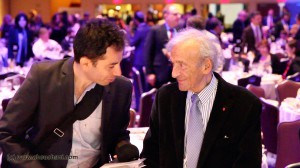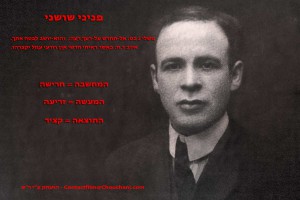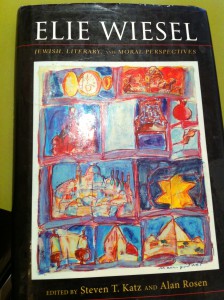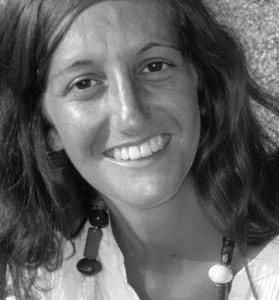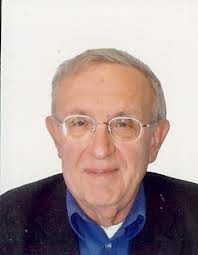Témoignage de Shlomo Cohen: M. Chouchani était en Algérie à Oran vers 1929.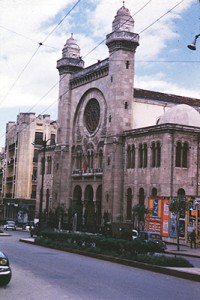
Testimony of Shlomo Cohen: M. Shoshani was in Algeria at Oran around 1929
עדות של שלמה כהן: מר שושני היה באלג’ריה בעיר אורן בסביבות 1929
http://concours-art-cantorial.over-blog.org/pages/hazan-a-l-honneur-5841800.html
http://fp.reverso.net/concours-art-cantorial-over-blog/4240/en/pages/hazan-a-l-honneur-5841800.html
Le Hazan Salomon Cohen et ses périples… et si!
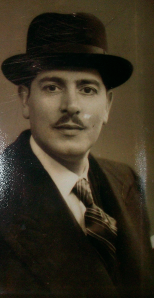
Charles Salomon Cohen est né à Oran en 1899.
Très jeune, il entre comme élève à l’Alliance Israélite d’Oran. Sa voix au timbre chaud et puissant fait déjà l’admiration de son entourage. Il n’a pas 18 ans qu’il est nommé professeur d’hébreu ainsi qu’officiant à la grande synagogue d’Oran. Parallèlement, il est apprenti dans un atelier d’ébénisterie où il obtiendra le diplôme de tourneur sur bois.
Il épouse Anna Denise Cohen, qui le suivit dans toutes ses pérégrinations et avec laquelle il eut 8 enfants.
En 1929 il est nommé Hazan a Sidi bel Abbés, poste qu’il assume en même temps qu’il est Directeur de l’Alliance. C’est en Algérie qu’il fera la connaissance du célèbre érudit Monsieur Chouchani. En 1939 il concourt à Paris afin d’obtenir le poste de Hazan de la synagogue de la rue Buffault.
Il est auditionné par l’éminent Léon Algazy, Maître de musique à la Grande synagogue de Paris, qui est enthousiasmé par ses connaissances musicales et l’amplitude de sa voix.
Il obtient le poste de la rue Buffault.
La guerre éclate et la famille Cohen qui se compose déjà de 6 enfants (il en naîtra encore deux pendant la guerre), se réfugie à Aurillac.
Pendant la guerre, Monsieur Cohen organisera dans son logement des offices de Chabbat et des grandes fêtes ; pour cela, il ira à Clermont-Ferrand pour y chercher un Sefer Thora.
Il reprendra ses fonctions à Paris après la guerre. C’est là qu’il retrouvera M. Chouchani, lequel, séduit par la connaissance approfondie des textes bibliques de M. Cohen ainsi que par sa riche personnalité, désirera passer des nuits d’étude a son domicile, rue Lamartine, ce qui fut un honneur pour lui.
De part son impérieux besoin de voyager et d’aller toujours à la rencontre d’autrui, il traversa différentes villes en changeant même de pays.
D’autre part, la qualité de sa voix et ses connaissances approfondies de la Thora (notamment, celle de la lecture de la Thora), sans omettre son aptitude à passer avec le même bonheur du rite sépharade au rite ashkénaze, le conduiront à se présenter avec un égal succès à Nice (où l’un de ses nombreux élèves fut M. Adolphe Attia), à Thann (Alsace), à Périgueux (Dordogne) puis à Lisbonne où, avec le titre de “Reverend”, il officiera pendant 8 ans.
Il reviendra à Périgueux où il terminera sa carrière, décoré de l’Ordre National du Mérite par M. le Ministre Yves Guen.
